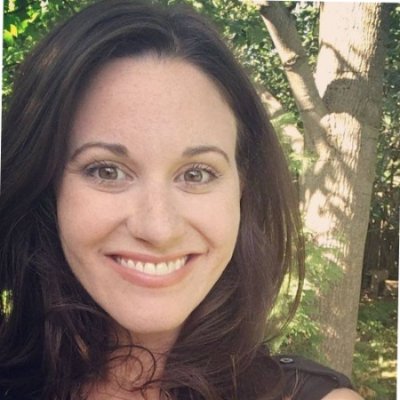Why Whole Story?
- Julia Coburn

- Sep 26, 2025
- 3 min read
Updated: Oct 1, 2025
The seeds for Whole Story were planted long before I knew what it would become.
In 2008, I co-founded a non-profit, Cross Community Connect, to support the vision of an inspiring leader, Shadrach Meshach, who was empowering women and girls in his community in rural Tanzania.

That experience changed me. On the ground, I saw how often projects failed when communities weren’t at the center of decision-making: broken-down water pumps, mosquito nets repurposed as fishing traps, laptops left unused in boxes. Too often, outside organizations defined the “problems” and imposed the “solutions.” By contrast, the community-led initiatives we supported flourished because they were driven by local needs and local leadership.
Along the way, I had to eat my own humble pie more than once. My assumptions were debunked repeatedly. I learned how easy it was to arrive with preconceived notions, and how powerful it was to let go and truly listen. Those lessons have stayed with me ever since.

I continued to see top-down approaches to problem solving—not just in Tanzania, but in communities all over. This inspired me to start WorldVuze, a platform for global perspectives where children and youth could share their views and learn from one another. In classrooms, I witnessed the energy and openness of young people discovering new ways of seeing. The principle of every voice matters resonated deeply across classrooms around the world, and I saw how empowering it was for youth to learn from one another on equal ground.
My path then led me into community-based research, where I had the privilege of supporting Community-Based Research Canada (CBRCanada) and facilitating their national community of practice. Month after month, community, academic, Indigenous, and peer researchers came together to learn with and from each other. They tackled deep, messy topics and weren’t afraid to speak their truth. It was inspiring to witness the generosity, support, and wisdom that emerged in those spaces.
At CBRCanada, I also had the chance to work alongside Dr. Charlotte Loppie on the Decolonizing Community-Based Research e-learning series. That experience opened my eyes more to Indigenous research methods and ways of knowing. Since then, I've sought to deepen my understanding by volunteering locally, participating in events when invited, and listening wherever I can. These experiences have not only helped me learn, but have also brought healing. I say this fully acknowledging the breadth and diversity of Indigenous cultures, and the limits of my understanding.
In my work on sustainability and climate, I’ve been continually inspired by the wisdom, dedication, and creativity of people working tirelessly in this space. I’ve seen thoughtful plans and strategies, committed collaboration, and deep care for the future. And yet, despite all this effort, we are still falling short of our targets. Patterns I’ve noticed include fragmentation between mitigation and adaptation, underrepresentation of nature’s role, differing definitions of the ‘problem’ of climate change itself, and gaps in whose voices are included. These realities raise important questions: Who gets to define the problem, and how does that shape the solutions we pursue? They also open possibilities—possibilities to bridge divides, strengthen collaboration, and invite multiple ways of seeing and addressing these challenges across scales, perspectives, and communities. I’ve found many people are already leaning toward this kind of deeper, more connected work, which gives me hope.
Over time, I’ve paired these lived experiences with training in facilitation, systems thinking, and public engagement (IAP2, School of Systems Change, among others). A clear pattern has emerged around creating spaces where people with diverse ways of thinking can come together to learn, connect, and imagine new possibilities.
That is why I started Whole Story.
Whole Story is both a continuation and an evolution of the path I’ve been on since 2008. It’s about creating the conditions for trust, reciprocity, and collaboration across differences. It’s about recognizing that no single perspective holds the entire truth, but when we bring our stories together, we can find a fuller, wiser way forward.
I come to this work not with the answers, but more with invitations, questions, and sparks for conversation. I'm keen to show up where I'm invited, to amplify voices, and to bring in others who carry deeper knowledge - whether they're already in the room or need to be sought from outside.
I’m excited to continue this journey alongside the communities, organizations, and partners to learn together, hold space for multiple ways of knowing, and support pathways toward meaningful, systemic change.
